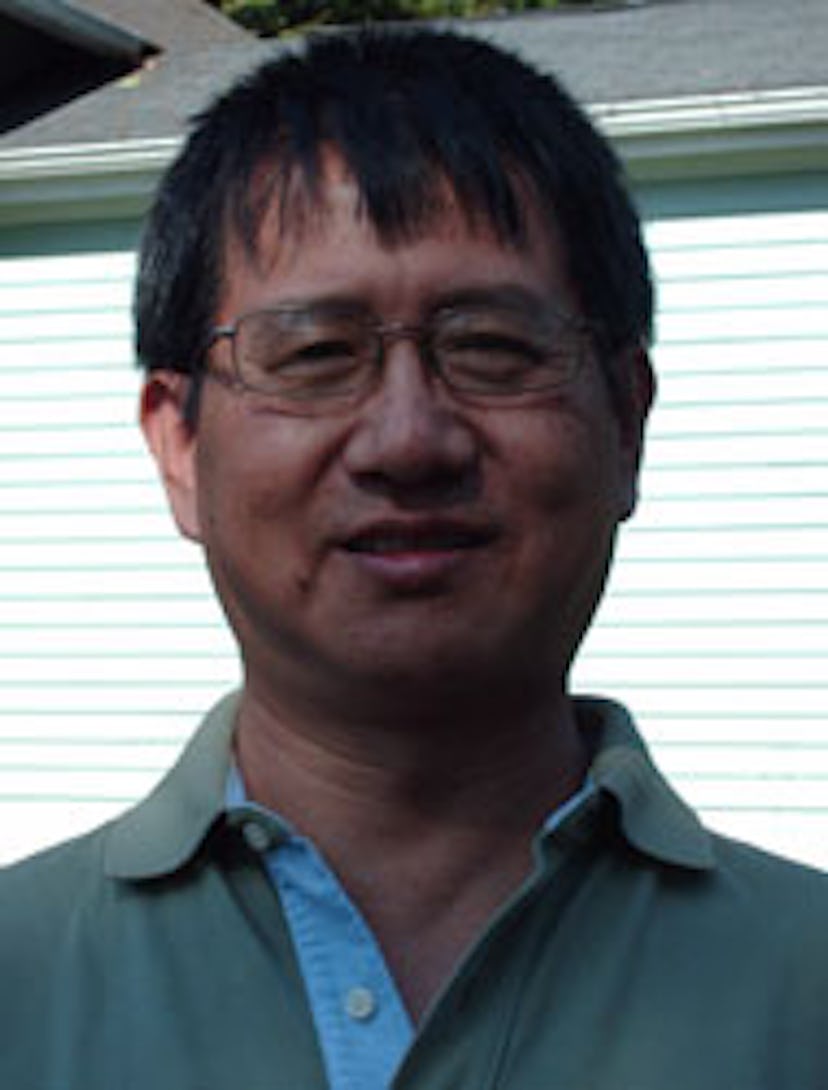Five minutes with Xiaoda Xiao
Liu Xiaobo, the jailed Chinese activist awarded the Nobel Peace Prize this fall, is only the most recent example of that country’s abysmal record on human rights. For a historical view – and a searing...

Why did you write the memoir? I was arrested and sentenced to five years in a labor camp, and spent two additional years there as an ex-prisoner doing more labor. After Mao died in 1976, the government said that all the counter-revolutionaries would be re-judged, and eventually they said I was innocent. At the time I didn’t think I would write anything because it was a piece of memory I wanted to forget. Then a friend of mine said, ‘Why don’t you write your own stories?’ If I didn’t write the book, then the Communist Party can pretend that nothing happened. They will re-write history.
Did you keep a record of your experiences? If I had had a diary I would have been shot! I remembered everything; I forced myself to remember every detail, and that’s the book. On one hand, I was deprived of my freedom, but on the other, they sharpened my memory.
Do you think that Chinese risk forgetting about this period in their country’s history? It’s a good question. I think more people are becoming interested in the Cultural Revolution and the 20 years before it started. Even top leaders who have retired are trying to make their voice heard, to speak against the party itself. I think it’s a positive thing.
What are your thoughts about the human rights situation now? When I was arrested, the Communist Party was at the peak of its dictatorship. They’d arrest you today and tomorrow they held an open trial and have you executed in front of millions of people. Then this kind of thing stopped. Now, they knock on your door in the middle of the night.